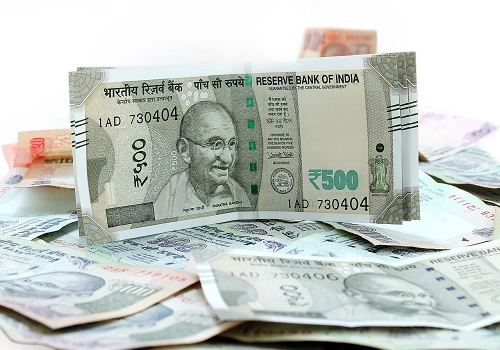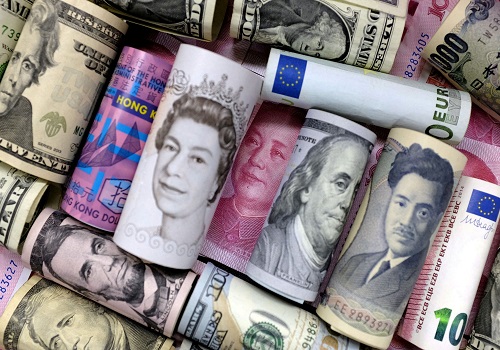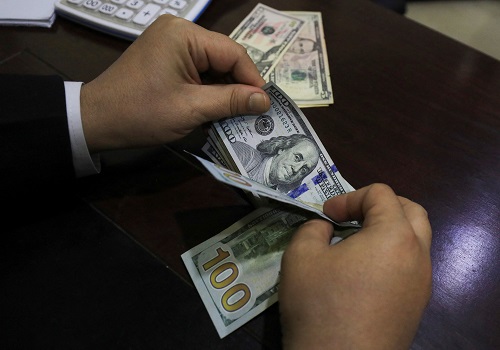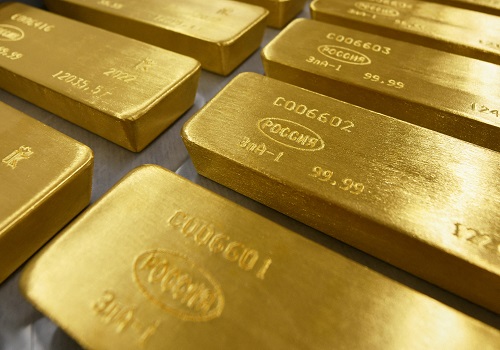Gold prices consolidate with focus on U.S. inflation data

Follow us Now on Telegram ! Get daily 10 - 12 important updates on Business, Finance and Investment. Join our Telegram Channel
Gold prices slipped on Monday from a three-week high scaled in the previous session, as the U.S. dollar regained some ground, making greenback-priced bullion more expensive for holders of other currencies.
Spot gold was down 0.4% at $1,672.99 per ounce, as of 0449 GMT. Bullion prices surged 3% on Friday as the dollar fell nearly 2% after U.S. jobs data raised hopes about the Federal Reserve being less aggressive on rate hikes going forward.
U.S. gold futures were flat at $1,676.30.
It's not unusual to see prices retrace against a large move from the prior session, gold is pulling back as the dollar gently rises, said City Index analyst Matt Simpson.
The dollar index reclaimed some lost ground to edge up 0.2%.
Four Federal Reserve policymakers on Friday indicated they would still consider a smaller interest rate hike at their next policy meeting.
Investors will now focus on the U.S. inflation data due later this week. The data is likely to shed some light on Fed's rate-hike move in the upcoming December meet.
"U.S. inflation data has the ability to make or break gold. Whilst markets currently favour a 50 basis-point rate hike, a hot inflation print would likely see odds for a 75 bps increase and send the dollar higher and gold lower," Simpson added.
Bullion is considered an inflation hedge, but rising interest rates dent the non-yielding asset's appeal.
On the physical front, World Gold Council said in a note dated Friday, a stable local gold price, weak RMB and economic uncertainty supported gold sales in regions such as Beijing and Shanghai in October.
Spot silver was down 1.3% at $20.56, platinum fell 1% to $951.46 and palladium lost 0.5% to $1,871.00.























